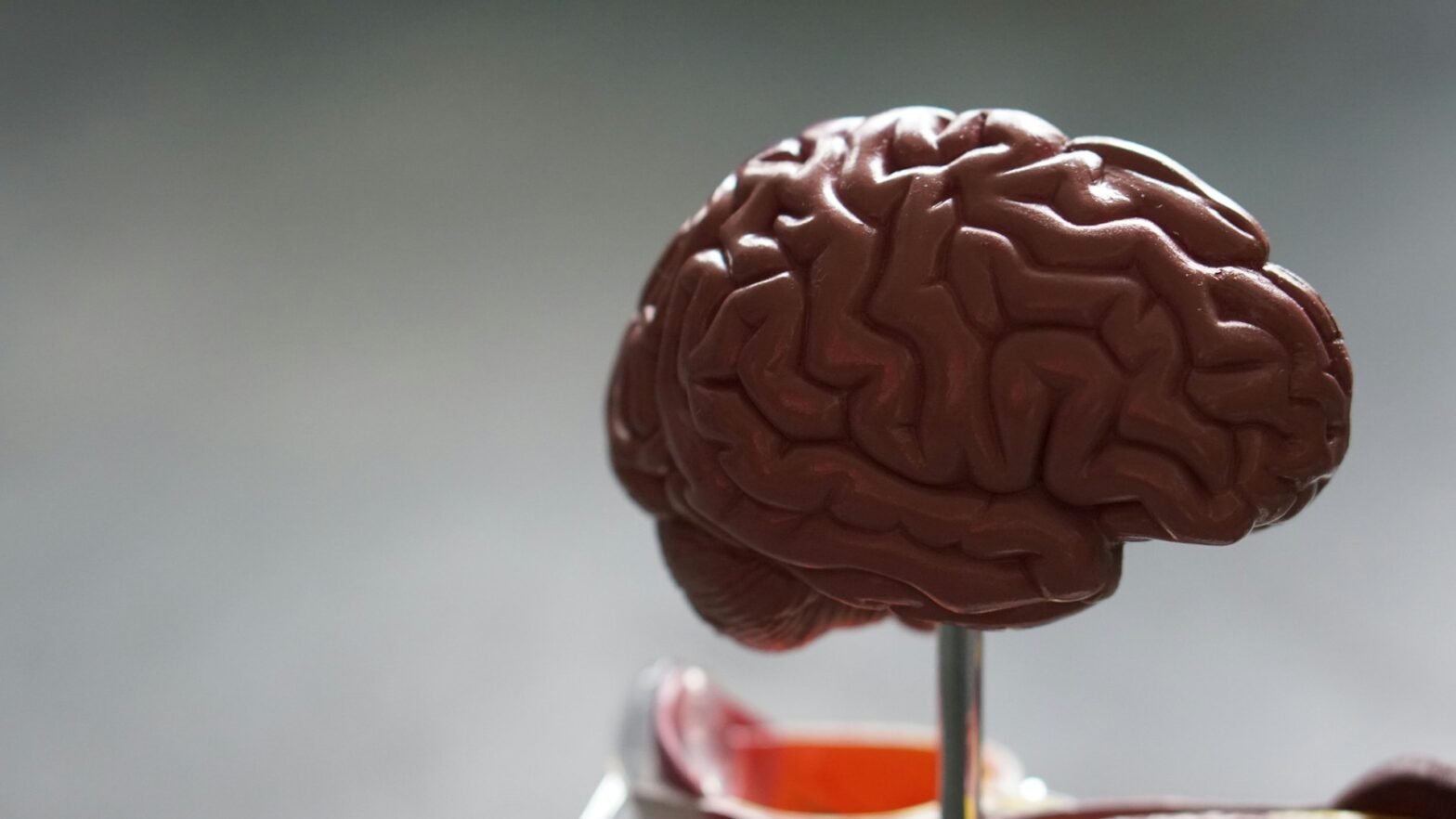A new model trained on existing medical records boasts an accuracy of more than 80% in telling if people with mild cognitive impairment will stay stable or get Alzheimer’s.
In a scientific paper (PDF), scientists (mainly from Cambridge, UK) have created an AI-guided market for the prediction of early dementia. The paper is titled, “Robust and interpretable AI-guided marker for early dementia prediction in real-world clinical settings.” Basically, they trained AI on heaps of existing data about cases of mild cognitive impairment (MCI) and what to look out for. Then, upon testing existing cases (for which we know the results – whether the person develops Alzheimer’s or not, without telling the AI), it was found that the market was able to predict the onset of Alzheimer’s correctly more than 80% of the time.
This is a new AI-powered tool that could revolutionize early dementia detection. Trained on a global buffet of data, the cases include people from all over the world. This AI model, dubbed PPM (Predictive Prognostic Model), isn’t just about spitting out diagnoses.
PPM doesn’t rely on expensive or invasive tests. It crunches data from standard cognitive tests and brain scans, the kind you’d find in any memory clinic. That means it’s not just for the wealthy or well-connected. It’s a tool that could be accessible to everyone.
The researchers didn’t just test this AI in a lab; they took it for a spin in the real world, using data from memory clinics in the UK and Singapore. It held up, proving it can handle the messy, diverse data you find in real-world clinical settings.
The tool also gives doctors a personalized “prognostic index” for each patient, showing their risk of cognitive decline over time. This can be a true gamechanger because what this means is that early intervention becomes much easier. Doctors can use this information to create better, more targeted treatment plans and potentially slow down the progression of dementia.
This AI tool is still in its early stages, but it’s already showing immense promise. And while there’s still work to be done, this could be a major step towards a future where dementia is no longer a death sentence, but a manageable condition.

